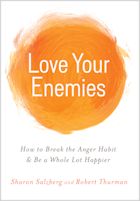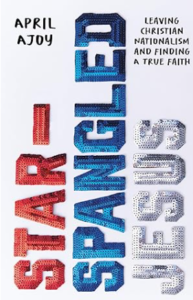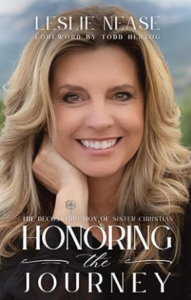 I received a complementary copy of this book from Hay House for review purposes. The opinions are completely my own based on my experience.
I received a complementary copy of this book from Hay House for review purposes. The opinions are completely my own based on my experience.
Think of a person who really bugs you. Yes that one. Feel all the negative emotions as you imagine that person in the room with you right now. Did you know this supposed enemy could be one of your greatest teachers? That’s the premise put forth by Sharon Salzberg and Robert Thurman in their new book “Love Your Enemies: How to Break the Anger Habit & be a Whole Lot Happier”
“If there weren’t people trying to harm us or keep us from getting what we want, how would we learn patience and tolerance and forgiveness?” writes Thurman in the book’s introduction. People who anger us are just one type of enemy discussed by Thurman and Salzberg. There are three more:
- The inner enemy: anger, hatred, fear, and other destructive impulses
- The secret enemy: self-obsession and self-preoccupation, which isolate us from other people, leaving us frustrated and alone
- The super-secret enemy: deep-seated self-loathing that keeps us from finding inner freedom and true happiness
The focus of “Love Your Enemies” is on what is happening inside of you, and not on other people. “The teachings and meditations in this book help us to draw on our own innate wisdom and compassion in order to transform our relationship with our enemies, both inner and outer,” writes Salzberg. Can I really be at peace no matter what others may say or do? A tall order, but “Loving Your Enemies” will move you towards that perspective.
I was confused with the mix of writing styles in the book. Robert Thurman is brilliant in his grasp of the human condition, but I find him difficult to understand at times. Salzberg is more down to earth. When reading Love Your Enemies some of the concepts went over my head (“those must be Thurman’s words,” I thought) while other examples were easier to relate to. I think the book would have flowed better if each author wrote individual chapters, clearly marked with a by line, rather than mixing the two styles throughout.
Nevertheless, “Love Your Enemies” is a valuable book. “We should be grateful for our enemies, the Dalai Lama has said, for they teach us patience, courage, and determination, and help us develop a tranquil mind,” state Thurman and Salzberg. While I’m not at that point yet, the book did cause me to evaluate what areas I still need to work on. If you want to approach your feelings towards enemies as an inside job, you will like this book.
You can get “Love Your Enemies” from these book sellers:



